Ritalin 10mg: A Clear and Engaging Guide to Its Uses, Benefits, and Considerations
Ritalin 10mg is a medication commonly prescribed to treat Attention Deficit Hyperactivity Disorder (ADHD) and narcolepsy. It contains methylphenidate, a stimulant that works by affecting the brain’s chemicals. This article will explain what Ritalin 10mg is, how it works, and the most important things you need to know if you are considering it.
What is Ritalin 10mg?
Ritalin 10mg is a form of methylphenidate, a medication that helps people with ADHD manage their symptoms. ADHD is a condition that affects attention, impulse control, and behavior. Methylphenidate in Ritalin works by boosting the activity of certain chemicals in the brain—dopamine and norepinephrine—that are important for focus and self-control.
Ritalin 10mg can also be used to treat narcolepsy, a sleep disorder that causes extreme daytime drowsiness. It helps increase alertness and reduce episodes of sudden sleep.
How Does Ritalin 10mg Work?
Ritalin 10mg works by influencing the brain’s neurotransmitters, which control attention, focus, and behavior. When taken, the medication starts working quickly, usually within 30 to 60 minutes. It has a relatively short effect, typically lasting for 3 to 4 hours, which is why it is often taken multiple times a day for those with ADHD.
Ritalin’s ability to improve concentration and reduce impulsivity makes it a powerful tool for managing ADHD symptoms. For people with narcolepsy, it helps promote wakefulness, allowing them to stay alert during the day.
Common Uses of Ritalin 10mg
-
ADHD Treatment: Ritalin 10mg is most commonly prescribed for people with ADHD. This condition can make it difficult to focus, stay organized, and control impulses. By increasing the activity of dopamine and norepinephrine in the brain, Ritalin helps manage these symptoms, allowing for better concentration and behavior control.
-
Narcolepsy: Narcolepsy causes uncontrollable episodes of sleep during the day, and Ritalin 10mg helps control this. It works by increasing wakefulness and reducing excessive daytime sleepiness, helping individuals stay alert throughout the day.
-
Cognitive Focus: Some individuals may use Ritalin to enhance cognitive performance, especially in demanding academic or professional settings. However, it is essential to use Ritalin only under a doctor’s supervision, as it is a prescription medication with specific purposes.
How to Take Ritalin 10mg
Ritalin 10mg is typically taken one to three times a day. The dosage may vary depending on the individual’s needs. The starting dose is often 5mg to 10mg per day, but your doctor may adjust this as necessary.
It is important to follow the prescribed dosage closely. Taking more than the prescribed dose can lead to serious side effects. Never share Ritalin with others, especially those who do not have a prescription for it.
Ritalin 10mg tablets should be swallowed whole. Do not crush, chew, or break the tablet, as this can alter how the medication works in your body.
Possible Side Effects of Ritalin 10mg
Like any medication, Ritalin 10mg can cause side effects. Most side effects are mild and temporary, but some may require medical attention. Common side effects of Ritalin 10mg include:
-
Insomnia or difficulty sleeping
-
Decreased appetite
-
Nervousness or anxiety
-
Stomach upset or nausea
-
Increased heart rate
-
Headaches
In rare cases, more serious side effects can occur, such as:
-
Chest pain or heart palpitations
-
High blood pressure
-
Uncontrolled movements or tics
-
Severe mood swings, including aggression or depression
If you experience any of these severe side effects, contact your doctor right away.
Precautions and Warnings
Before taking Ritalin 10mg, tell your doctor if you have any of the following conditions:
-
Heart problems, including high blood pressure or a history of heart disease
-
Glaucoma (a condition that affects the eyes)
-
A history of drug abuse or addiction
-
Anxiety, depression, or other mental health issues
-
Seizures or other neurological conditions
It is also essential to avoid alcohol while taking Ritalin, as alcohol can interact with the medication and increase the risk of side effects.
Ritalin 10mg is classified as a controlled substance due to its potential for abuse. It should only be used as prescribed and under the supervision of a healthcare professional.
Interactions with Other Medications
Ritalin 10mg can interact with several types of medications. Some drugs that may interact with Ritalin include:
-
Antidepressants, especially monoamine oxidase inhibitors (MAOIs)
-
Blood pressure medications
-
Seizure medications
-
Antacids and some cold medicines
Be sure to tell your doctor about any medications you are taking, including over-the-counter products and supplements, before starting Ritalin.
Ritalin 10mg and Pregnancy
If you are pregnant or planning to become pregnant, consult your doctor before taking Ritalin 10mg. The medication can have potential risks during pregnancy, and your doctor will weigh the benefits and risks of continuing treatment.
Ritalin 10mg and Children
Ritalin 10mg is often prescribed to children with ADHD. However, it is crucial to monitor children carefully while they are taking the medication. Regular check-ups with the doctor are essential to ensure the medication is working well and not causing any unwanted side effects.
Ritalin 10mg and Mental Health
Ritalin can affect mood and behavior. In some cases, people taking Ritalin 10mg may experience changes in their mental health. These changes can include increased irritability, anxiety, or mood swings. If you notice any changes in mood or behavior, talk to your doctor. Adjusting the dosage or changing the medication may be necessary.
Conclusion: Is Ritalin 10mg Right for You?
Ritalin 10mg is an effective treatment for ADHD and narcolepsy. It helps improve focus, reduce impulsivity, and promote wakefulness. If you are considering Ritalin, it is essential to follow your doctor’s advice and take the medication exactly as prescribed. Keep an eye on any side effects and report any concerns to your healthcare provider.
Ritalin 10mg is a helpful tool for managing ADHD symptoms and other conditions, but it should always be used responsibly to ensure the best results. If you have any questions or concerns, your doctor or healthcare provider is the best person to guide you on the proper use of Ritalin 10mg.

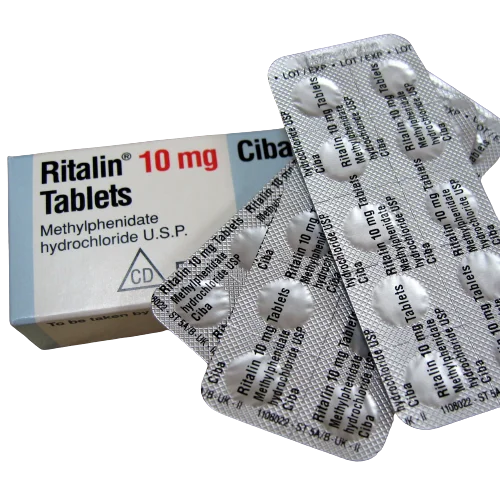
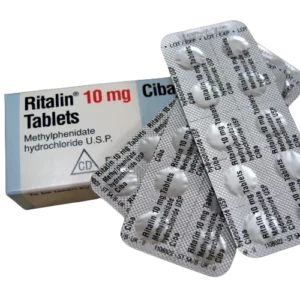
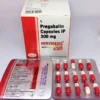
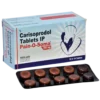
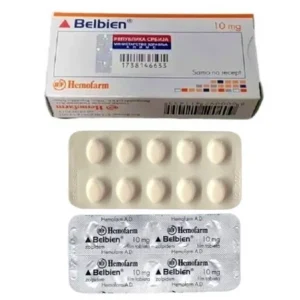
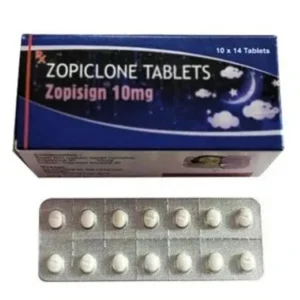
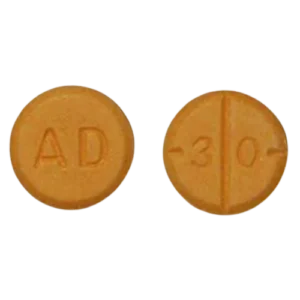
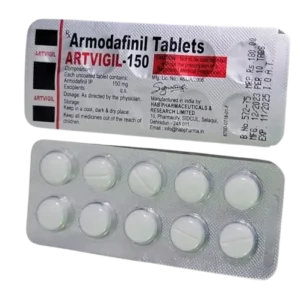
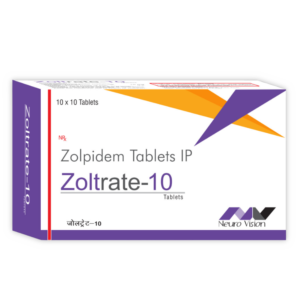
 USD $
USD $
 GBP £
GBP £